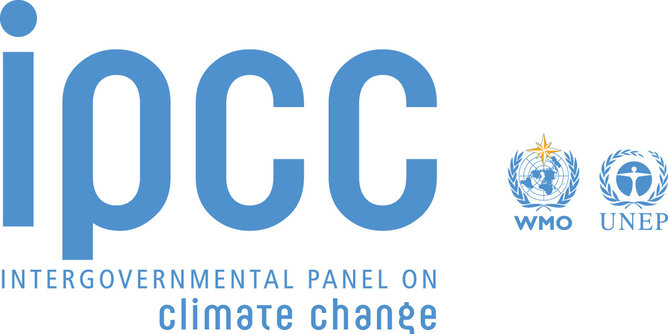So what’s it like to be an IPCC lead author?
07 October 2013
Julie Arblaster from the Bureau of Meteorology is one of the authors of the report. Here is what she has to say about her involvement.
What is the IPCC?
The Intergovernmental Panel on Climate Change (IPCC)’s purpose is to provide a clear scientific assessment of the current state of knowledge on climate change and its potential environmental and socio-economic impacts.
What do I do for the IPCC?
I am one of many authors of the Working Group I contribution to the Fifth Assessment Report.
In 2007 I contributed to the Fourth Assessment Report. This time around I’m a lead author on the chapter on long-term climate projections. This means I assess the available research on what our future climate will likely be from the middle of this century and beyond.
Scott Power, also from the Bureau of Meteorology, is a convening lead author on the chapter on near-term climate change (changes over the next one to four decades).
What’s it like working with the IPCC?
It’s been a really rewarding process involving authors of all nationalities, and a real honour to be chosen. Expert scientists from different countries are working towards a common goal in a very collaborative and collegial way.
Everyone is very motivated and wants to deliver the best assessment of our understanding for this snapshot in time. It also requires a lot of work and late nights corresponding with authors on the other side of the planet.
For me, the most fulfilling part of a career in science has been the cross-cultural experiences it has given me. Working in another country and friendship with nationals of many countries, all make for a very enriching worklife.

How did I get involved?
In the previous report (released in 2007) I was asked by the convening lead authors of the projections chapter, whom I knew from my research collaborations, to help as a contributing author. I was one of three scientists to get recognised as an outstanding contributing author for that report. This time I was nominated by the Australian government and ultimately chosen as a lead author by the IPCC in May 2010.
Why was I interested in climate science?
It was during my first year of a science degree that I initially came across meteorology. A product of primary school teacher parents, I was open to following their footsteps but was curious to explore other options along the way.
During my first year I took a class called ‘The Planet Earth’ and was hooked. Soon I had switched into a Bachelor of Technology in Atmospheric Science. Its combination of maths (which my mind seemed wired for) and geography (which I found more interesting) was very appealing.
Working for the Bureau of Meteorology
As part of my degree I did a summer internship at the Bureau of Meteorology in what was then called the Greenhouse Group. The scientists there inspired and instilled in me a desire to learn more about the climate system. I came back the following summer and then for Honours.
After graduating I wanted to go overseas and travel, so at age 23, I left Australia for the first time for a position at the National Center for Atmospheric Research (NCAR) in Boulder, Colorado.
When I arrived in Colorado it reminded me of the flat Mallee plains of Swan Hill, where I grew up, but with these mountains rising like a movie backdrop on the western edge of town. They didn’t seem real. During my six years in Boulder, I worked with some of the leading climate scientists in the world and made lifelong friends.
I still collaborate with NCAR as part of my research position at the Bureau of Meteorology.
Dr Julie Arblaster on extreme weather events
Why I’m proud of my involvement in the IPCC
The report is an authoritative and comprehensive assessment of our knowledge on climate change. The statements made are based on expert assessment of the peer-reviewed literature and are painstakingly crafted to be clear and robust, with formal language to communicate our levels of confidence and certainty.
The content has been approved by up to 195 governments and reviewed multiple times by hundreds of scientists. The report means that governments are capable of developing policies based on the best assessment of the science.
What’s next?
I am also an author on a scientific assessment of ozone depletion which has been requested by the Parties to the Montreal Protocol and is due for release in 2014. This is similar work and is a good news story, because the policies first put in place 25 years ago are working.
There are many human influences on the climate system, including changes in greenhouse gases, aerosols, land-use and ozone. I’m hopeful that our understanding of these influences and how they interact with our climate will help generate policies that in 20 or 50 years’ time, we will see working too.


Comment. Tell us what you think of this article.
Share. Tell others.